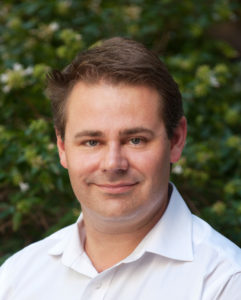Conference Home
Topic Overview
Conference Invitation
Conference Program
Speakers’ Bios & Abstracts
Sir John Crawford Address
Fees & Registration
Conference Scholars
Conference Sponsors
Conference Media |
Conference Speakers
Dr Steve Lapidge
Director, Science Partnerships, South Australian Research & Development Institute, Primary Industries and Regions SA, Government of South Australia
 Steve Lapidge is the Director of Science Partnerships at the South Australian Research & Development Institute (SARDI), a division of Primary Industries & Regions SA. He is responsible for developing new industry-focused R&D opportunities and managing existing large-scale strategic multi-partner research collaborations, including the Great Australian Bight Research Program. Steve Lapidge is the Director of Science Partnerships at the South Australian Research & Development Institute (SARDI), a division of Primary Industries & Regions SA. He is responsible for developing new industry-focused R&D opportunities and managing existing large-scale strategic multi-partner research collaborations, including the Great Australian Bight Research Program.
His current research interests include reducing food loss and waste through developing the circular food economy, as well as the development of functional foods. Steve’s qualifications include a BSc Hons from Flinders University, a PhD from Sydney University and an MBA from University of SA. He is a graduate of the Australian Institute of Company Directors and European Summer School for Advanced Management, and was the 2010 Fulbright Professional Business/Industry (Coral Sea) Scholar.

Abstract
It is estimated that the world currently losses close to 90% of its nutrients between the farm and the fork. Future global food security will consequently not only be reliant on reducing the third of food produced that is currently lost or wasted, it will require the development of a nutrient retention paradigm as part of the circular economy. This talk will discuss a logical approach to nutrient retention, including transformation technologies, which ensures that the greatest amount of nutrients are retained in the human food chain. It will detail how high value and nutritionally enhanced functional foods can be created from such an approach for the economic benefit of innovators in the field. Notwithstanding, it will also discuss the importance of reinvigorating the lost art of utilising food leftovers to retain nutrients as over half of FLW occurs in households in the developed world. The development of a new paradigm of nutrient retention within the circular economy will be essential for global food security, with nutritional security for all, not just food security, being the ultimate aim. |



 Steve Lapidge is the Director of Science Partnerships at the South Australian Research & Development Institute (SARDI), a division of Primary Industries & Regions SA. He is responsible for developing new industry-focused R&D opportunities and managing existing large-scale strategic multi-partner research collaborations, including the Great Australian Bight Research Program.
Steve Lapidge is the Director of Science Partnerships at the South Australian Research & Development Institute (SARDI), a division of Primary Industries & Regions SA. He is responsible for developing new industry-focused R&D opportunities and managing existing large-scale strategic multi-partner research collaborations, including the Great Australian Bight Research Program.